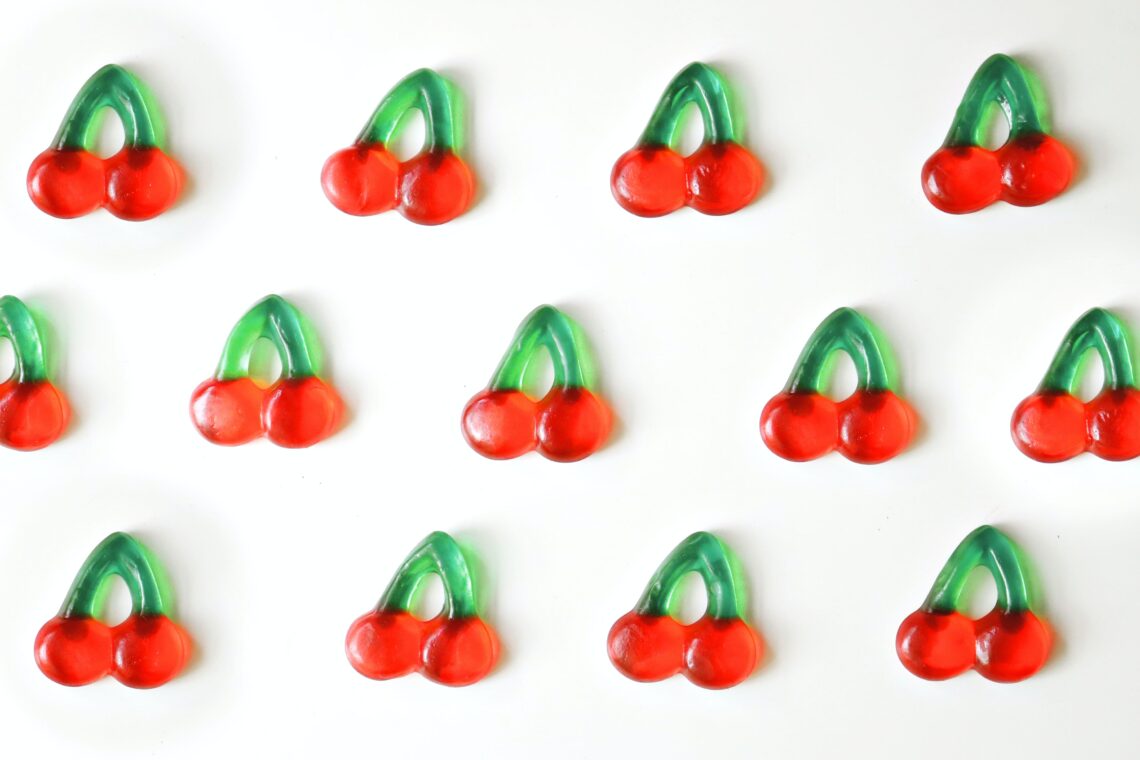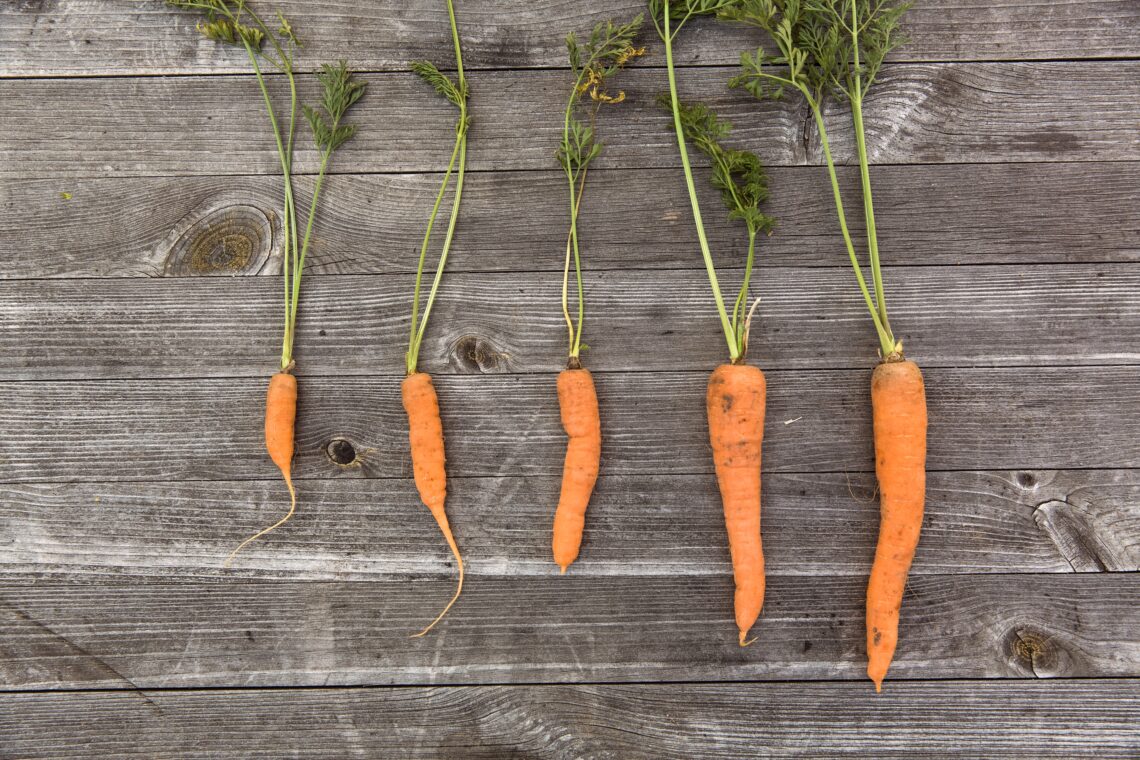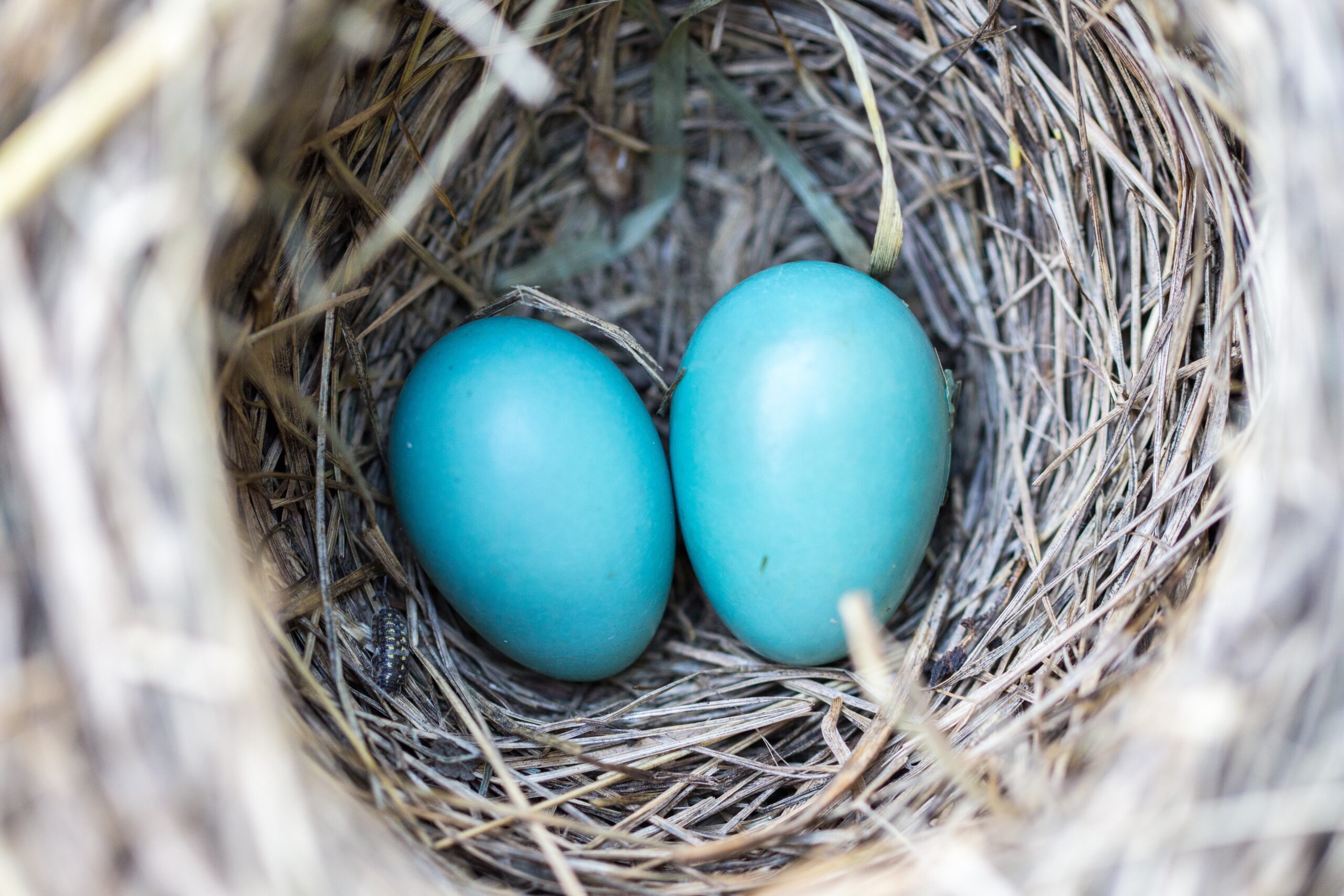-
Skittles Are Wishes: everything you do matters
On apples, attentions, wishes, the sum of your actions - and what do do about your (not so) secret superpower!
-
Carrot Seeds
Have you ever seen carrot seeds? They are TINY! The first time I grew a garden by myself, it was the carrots that mystified me. Plant your creative seeds and water them and watch what happens!
-
New Habits: How to get started
I love New Year’s Resolutions! I love the feeling of a fresh start, an opportunity to set a 365-day goal to help me shine more brightly into the person I want to be and live into the life I want to have. We set all kinds of different goals, at this time of year and others, often revolving or relying on changing our behavior, ie: OUR HABITS. Goals and habits can be best friends—or sometimes, depending, mortal enemies. Friends is better. The more we can align our behaviors with our goals, the higher the likelihood is that we’ll reach them. When setting any kind of goal, it’s important to “set…


